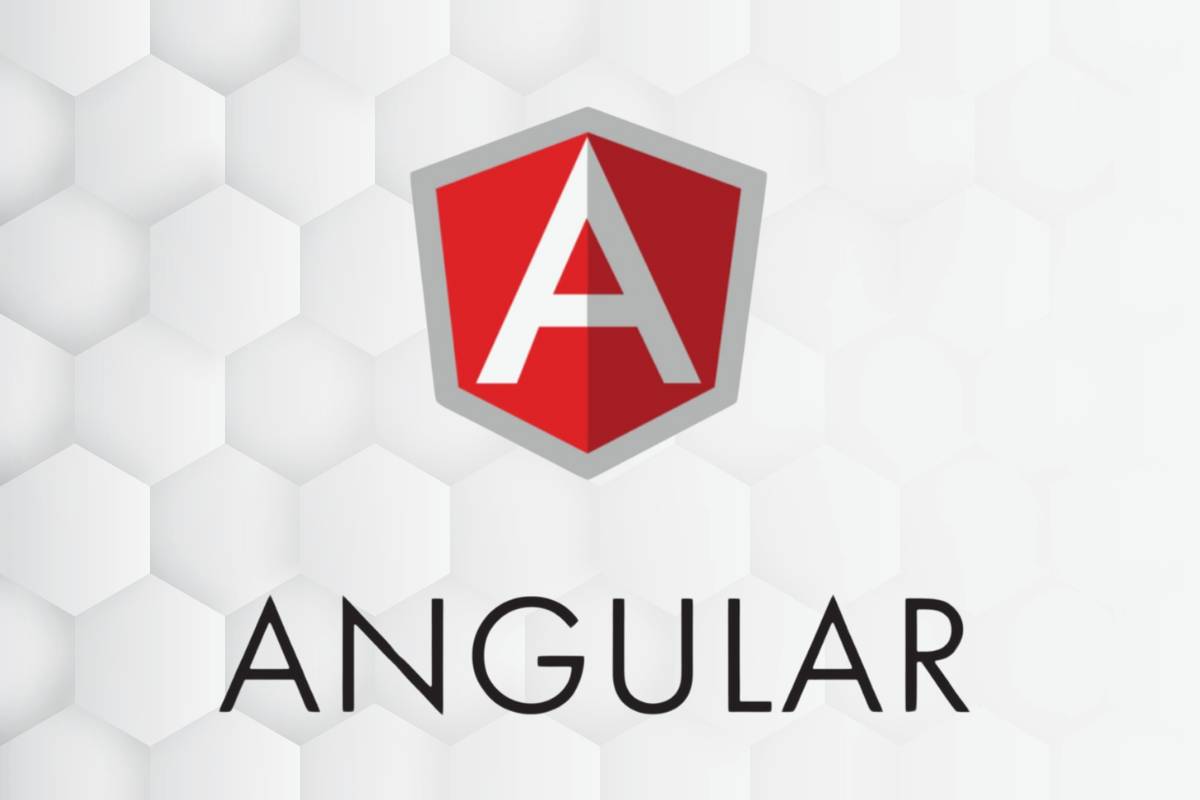Angular is one of the most popular frameworks for building web and mobile applications. Developed by Google, it stands out for its powerful tools that enable the creation of rich interfaces, scalable solutions, and high-performance applications. Since its transition from AngularJS to Angular 2+ in 2016, this framework has become a top choice for companies seeking technological innovation backed by a vibrant community.
The key difference between AngularJS and Angular 2+ lies in the programming language. AngularJS uses JavaScript, whereas Angular 2+ utilizes TypeScript, which provides greater security, scalability, and productivity. This evolution has positioned Angular as the ideal solution for projects requiring high performance and advanced features.
Why Choose Angular?

Using a framework like Angular means you don’t have to reinvent the wheel. It comes with pre-built solutions for common challenges such as routing (navigating between pages), lazy loading (smart resource loading), and external API integration. This saves time, reduces errors, and accelerates development.
For instance, when creating an e-commerce platform, Angular provides native tools to manage cart states, dynamically display products, and integrate payment gateways without starting from scratch.
Technical Advantages of Angular
- TypeScript: Imagine catching errors as you write your code. That’s what TypeScript does. It not only prevents failures but also makes code more readable and scalable, which is crucial for large projects.
- Modularity: Angular organizes code into modules, allowing different teams to work simultaneously without conflicts. For example, one team can develop the authentication module while another focuses on the product catalog.
- Performance: Features like lazy loading ensure only necessary resources are loaded at the right time, making applications faster. Think of a website that prioritizes loading the most visited pages while the rest are loaded as users navigate.
Compatibility Across Platforms and Devices
Angular is a versatile choice. With tools like Ionic and NativeScript, you can create mobile apps for Android and iOS using the same codebase as the web version. This reduces development effort and ensures a consistent user experience across devices.
Main Features of Angular
1 – Modular and Flexible Structure
In Angular, each feature can be organized into independent modules, simplifying code reuse and the implementation of new functionalities. For example, in a banking application, the authentication module can be reused in other projects or improved without impacting the rest of the system.
2 – Reusable Components
With Angular, you can create custom components that are reused throughout the application. For instance, an “Add to Cart” button can be configured once and used across multiple pages.
3 – Built-in Testing Tools
Angular offers native support for automated testing tools like Karma and Protractor, ensuring the application works as expected before launch. For example, tests can simulate user behavior in an online store, such as browsing products or completing a purchase.
4 – Angular Material and Material Design Support
Angular Material provides a collection of pre-built components like buttons, tables, and navigation bars, all based on Google’s Material Design. It’s the perfect tool for creating modern, responsive designs with smooth transitions.
What Can You Build with Angular?
1 – Single-Page Applications (SPAs)
Single-Page Applications (SPAs) dynamically load content, ensuring a smoother and faster user experience. A classic example is Gmail: you navigate through emails without the entire page reloading.
With Angular, you can create fast, scalable, and easy-to-maintain SPAs. For example, a sales dashboard can display real-time charts and reports without requiring a full page refresh.
2 – Enterprise Web Applications
Large enterprises choose Angular for developing internal systems such as ERPs (Enterprise Resource Planning) and CRMs (Customer Relationship Management).
For instance, an ERP built with Angular can connect departments like finance and logistics within a single interface, streamlining processes and communication.
3 – Mobile Applications with Angular
Using Ionic or NativeScript, Angular allows the creation of mobile apps that work on both iOS and Android. Imagine a delivery app that shares the same codebase across web and mobile versions, reducing costs and speeding up time-to-market.
4 – Progressive Web Applications (PWAs)
PWAs combine the accessibility of websites with the functionality of native apps. A great example is the Starbucks PWA, which enables users to place orders offline. With Angular, you can build fast PWAs that work without an internet connection, offering a premium user experience.
5 – Server-Side Rendering
Server-rendered applications built with Angular Universal load faster and perform better in SEO. This is essential for e-commerce platforms relying on organic search to attract customers and drive sales, ensuring they rank higher on Google.
6 – Rich Interfaces and Animations
With Angular, you can add interactive animations that enhance navigation intuitiveness. For example, an educational application can use animations to highlight key content or improve user engagement.
7 – E-commerce with Angular
For online stores, Angular is a perfect fit. It supports payment API integrations, dynamic shopping carts, and the management of large product catalogs with ease. Imagine a store that personalizes product displays based on user preferences; Angular makes it possible!
8 – Banking and Financial Applications
Banks and fintech companies trust Angular for its advanced security features, including multi-factor authentication, end-to-end encryption, and protection against vulnerabilities. The framework also helps prevent common attacks like code injection and simplifies the use of authentication tokens to secure real-time transactions.
How NextAge Can Help Your Business Leverage Angular
With over 16 years of experience, NextAge specializes in turning ideas into real-world solutions using cutting-edge technologies like Angular. We are the ideal partner for companies looking for innovation, scalability, and tangible results.
Our services include:
- Outsourcing 2.0: Providing highly skilled professionals with flexible contracts and no financial risks.
- System Maintenance: Ensuring the stability and continuous improvement of your systems with low turnover and high performance.
- Deep Discovery: Identifying opportunities to leverage your business with strategic technology.
- Strategic Assessment: Aligning your IT strategy with business goals to optimize resources and results.
Companies like Sicredi, Odebrecht, and Camargo Corrêa Infra have trusted NextAge to simplify processes, improve efficiency, and deliver significant results.
Angular is the right choice for developing modern, scalable, and secure solutions. With NextAge’s expertise, your company can harness the full potential of the framework and stand out in the market. Contact us and transform your vision into reality!

 English
English  Português
Português











